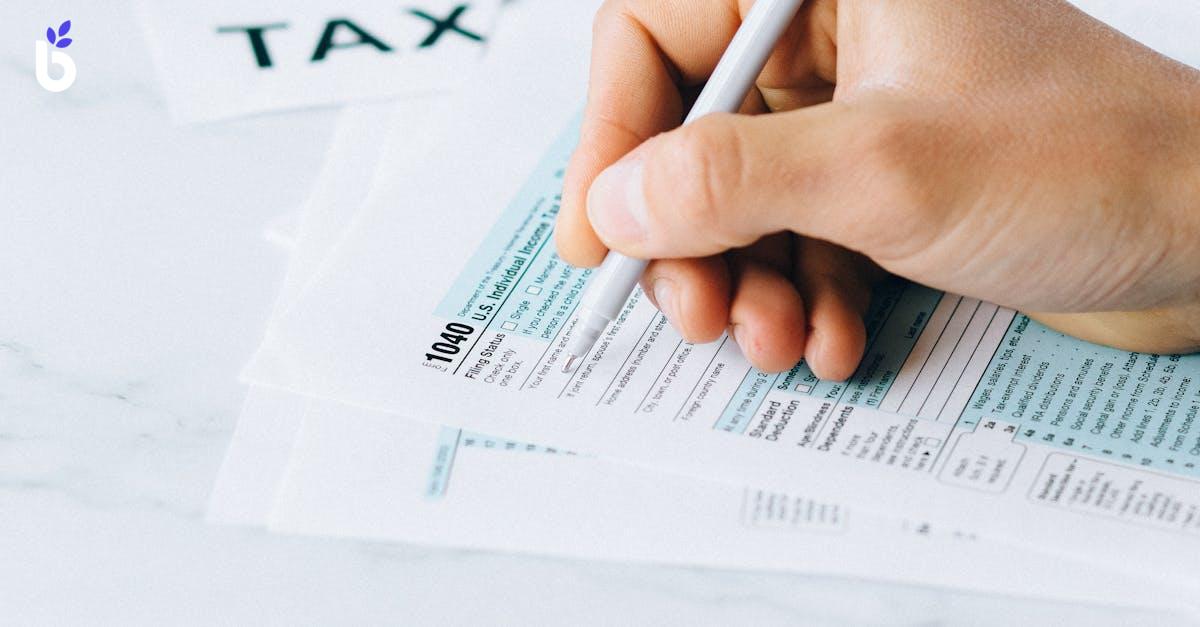WHAT IS FEDERAL MINIMUM WAGE?

What Is Federal Minimum Wage?
The Federal Minimum Wage represents the lowest hourly wage that employers are legally obligated to pay their employees. This wage is a critical component of the U.S. labor market, shaping economic policies and affecting millions of workers across the nation.
Importance of Federal Minimum Wages
Understanding the significance of federal minimum wages is crucial for both employees and employers. Here are some key points:
Protection of Workers
Federal minimum wages establish a baseline for employee compensation, ensuring that workers receive equitable pay for their efforts.
Poverty Reduction
These wages act as a safeguard against poverty, aiding families in achieving a sustainable living standard.
Consumer Spending
Raising the minimum wage can significantly boost consumer spending. When low-income workers have more disposable income, they tend to invest that money back into the economy.
Social Equity
Establishing a federal minimum wage promotes fairness and equity across various occupations, assuring a minimum pay level that reflects the value of work.
Health and Well-Being
Adequate compensation is essential for safeguarding the health and well-being of workers, allowing them to afford necessary healthcare and basic needs.
Reduced Reliance on Public Assistance
An increase in wages often reduces the dependency on government assistance programs, as higher earnings lessen the need for support such as food stamps and Medicaid.
Labor Market Efficiency
Proper enforcement of federal minimum wage laws can lead to a more efficient labor market by decreasing employee turnover, enhancing morale, and boosting overall productivity.
Competitiveness and Innovation
Fair wage structures encourage businesses to invest in their workforces, driving innovations in efficiency and product development.
Business Reputation
Organizations that comply with federal minimum wage laws benefit from enhanced reputations, appearing more socially responsible to consumers and stakeholders alike.
Legal Compliance
Following federal minimum wage regulations is vital to help businesses avoid legal repercussions and maintain a positive public image.
Who Is Exempt from the Federal Minimum Wage?
Not all workers are covered by the federal minimum wage laws. Certain categories, such as tipped employees, full-time students, and some individuals with disabilities, may be exempt. It's essential for employers to understand these exemptions to ensure compliance with the law.
FAQs
Is the Federal Minimum Wage the same in all states?
No, many states and municipalities have set their own minimum wage laws that may exceed the federal standard. Employers must adhere to the higher state or local minimum wage when applicable.
What is the current Federal Minimum Wage?
As of 2023, the federal minimum wage stands at $7.25 per hour. However, numerous states and cities have established higher rates to align with their local economic conditions.
Are there any exceptions to the Federal Minimum Wage?
Yes, certain workers, such as those in agriculture or some student internships, may not be subject to the federal minimum wage based on specific conditions.
Can employers pay less than the Federal Minimum Wage?
Under certain circumstances, such as with apprentices or learners, employers might pay below the federal minimum wage. However, it's crucial to understand the legal parameters that apply to such exemptions.
Tip: Ensure compliance with both federal and state minimum wage laws to circumvent potential legal challenges and promote fair labor practices.
Take control of your business today
Explore BizCRM App and start your journey towards business success.
